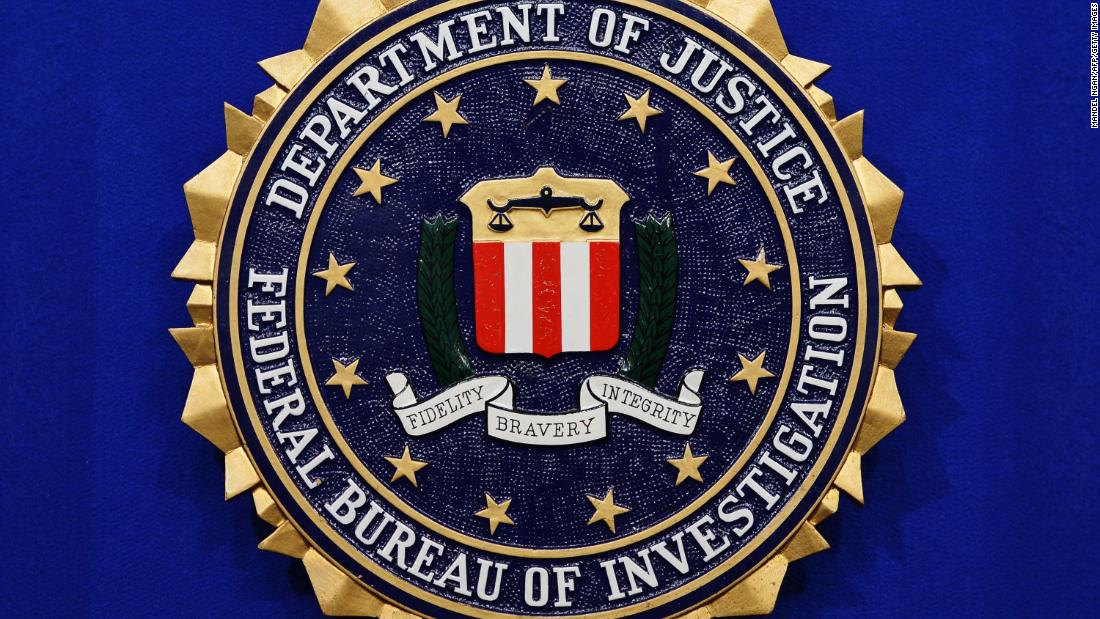
Supreme Court hears arguments in case brought by Muslims alleging federal government illegally spied on them
CNN
The Supreme Court grappled Monday with an attempt by three Muslim men to sue the federal government for hiring a confidential informant to secretly engage in electronic surveillance and gather information about Muslims in their neighborhood in violation of their religious rights.
By the end of the two hour-plus marathon session, the justices did not seem to be ready to make a major statement about the scope of the government's ability to claim a "state secret privilege," which permits the government under some circumstances to block the release of information in a lawsuit that could harm national security interests.
Several of the justices seemed to be looking for ways to rein in a lower court opinion that went against the government and to send the whole issue back to the lower courts for further review. Such a move would dodge a major opinion that could shape the future of domestic surveillance, exploring the government's stated needs for secrecy against arguments made by critics who believe the privilege is sometimes used to conceal abuses and thwart accountability in the courts.

More photos from Epstein’s estate released by House Democrats as deadline to release DOJ files looms
Democrats on the House Oversight Committee released photos from Jeffrey Epstein’s estate Thursday — the latest in a series of intermittent disclosures that have fueled significant political intrigue in recent weeks about who may have been associated with the convicted sex offender.












